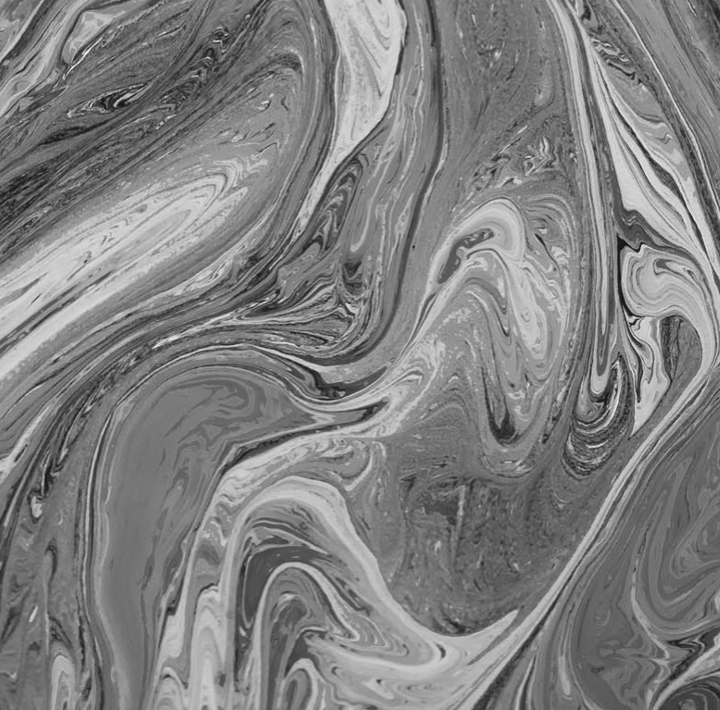If you’re asking this question then you may be considering doing the clean-up yourself. There is no black and white answer to this. There are actions you can take to stop, limit or clean up the spill. Be safe and don’t take risks!
Firstly consider the health implications of the spill.
What constitutes being safe?
– The first thing to look for is oil, if you can see it lying on surfaces then you may have a fire hazard and your best plan will be to get out and raise the alarm.
– Vapours are the next concern. When a spill or leaks occurs odours will become apparent. If they are strong, i.e. they make you dizzy, give you a taste of oil in your mouth, then your health may be at risk and you should immediately leave the area and get assistance.
Are you confident you can deal with the situation?
If it’s not safe, i.e. big pools of oil, or vapours making you dizzy or ill, remove yourself and call an emergency spill responder.
If you believe it to be safe, stop the leak. If it’s a problem in the feed line, shut off the valve. If it’s springing from a crack, you can use a bar of household soap to stop up a crack. Grate the soap against the crack until it is sealed up- this is only a temporary fix! If this is impossible, try to catch the oil in containers to prevent it being lost to ground.
Once the leak is stopped, you need to prevent it from reaching any drains or nearby bodies of water, if you don’t happen to have a spill kit with drain mats and socks handy, sand is very effective at absorbing oil. Cat litter also makes a great absorbent, particularly if odours are an issue as it will help to neutralise them.
Never attempt to wash the oil away with detergents; this can end up spreading the oil over a much wider area.
Now you’ve limited the damage, but there is still some oil contaminated soil to deal with and a split tank/hose, time to call in the clean-up crew!
If it’s very clear exactly where the oil spill is and where oil has got to, and you have the capabilities then doing it yourself may be quicker and cheaper, and potentially only ever so slightly riskier. There is no doubt that if a spill is addressed immediately then you have a much greater chance of reducing damage caused from the spill, for example allowing oil to get into a drain while waiting around for your response contractor will likely cause more damage than if you act and block the drain / mop up the oil.
It’s not uncommon for spill contractors to end up on a site where the site manager decided it was worth the risk not to act on a spill / to only carry out clean up of the obvious contamination, meanwhile oil has gone into the ground, migrated to a water course, and the regulators have arrived at their door with a list of damages caused from contamination arising from their actions. Now that contamination has spread, the damage is exponential to that which would have happened if a contractor had been called out immediately, the costs of clean up have increased similarly, not to mention the legal implications.
Spill contractors cost money but they will limit your liabilities from a spill incident!
You can get your staff trained in basic spill response – see more here, or show you’re prepared by having a contractor on your emergency preparedness plan.
2022
Visit our oil spill clean up guide
Here we present answers to lots of your questions about Oil Spill clean up. We also cover prevention, health and safety, clean-up, as well as response plans and spill response services.
CHECK IT OUT
![]()


